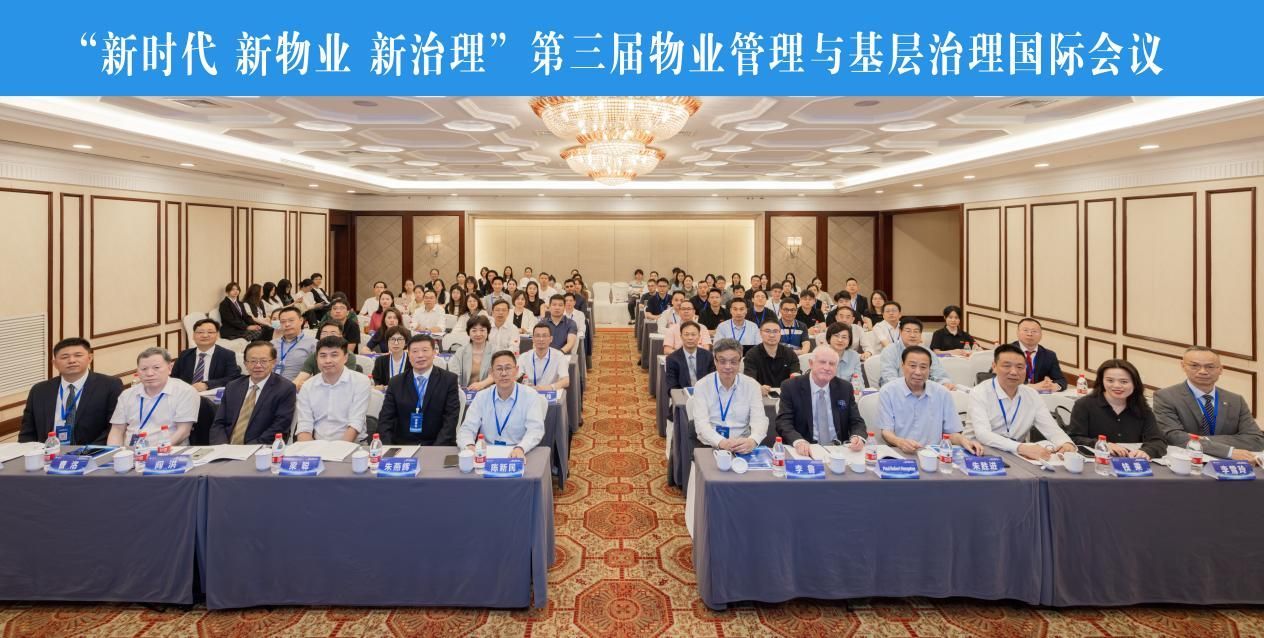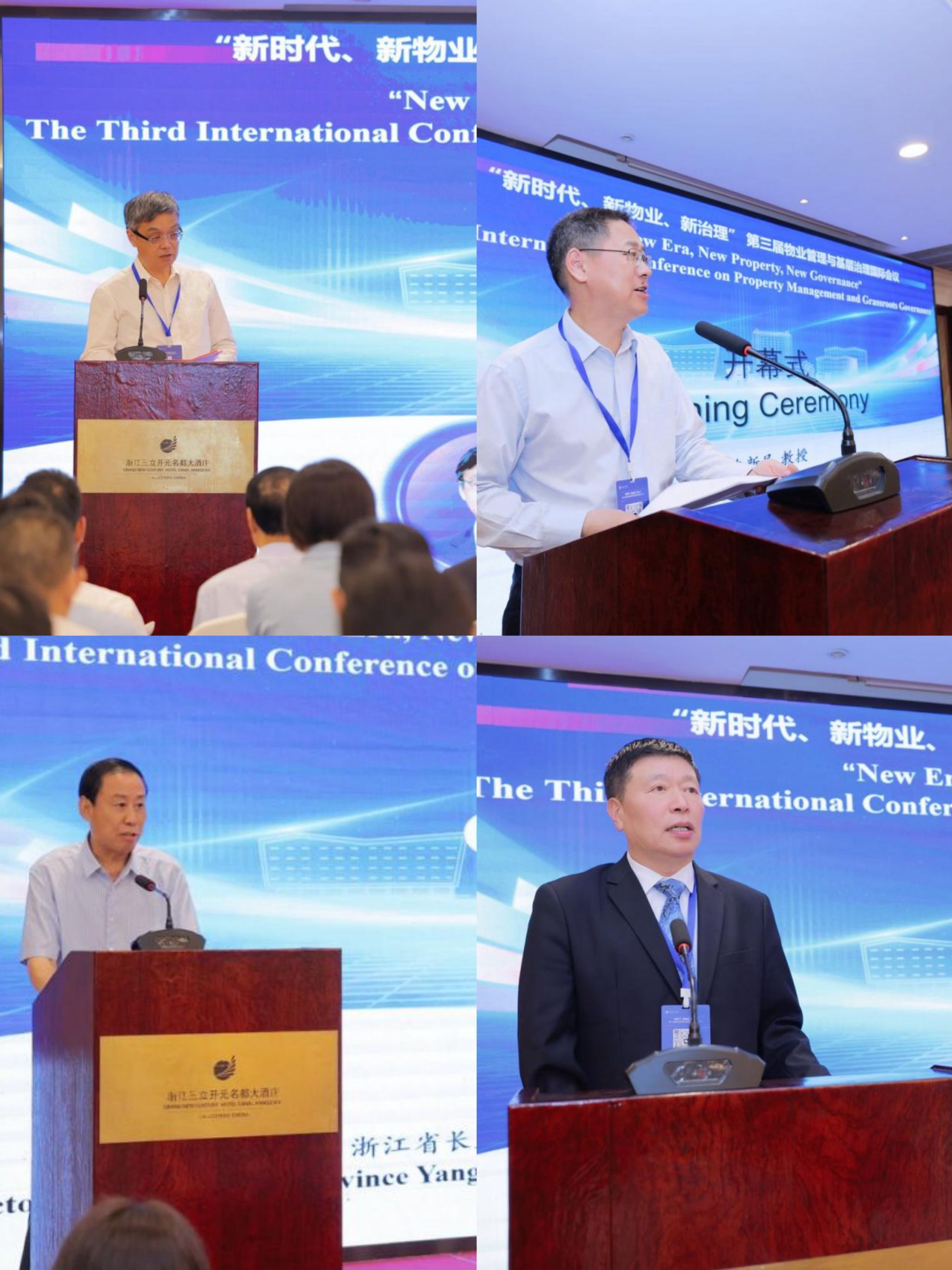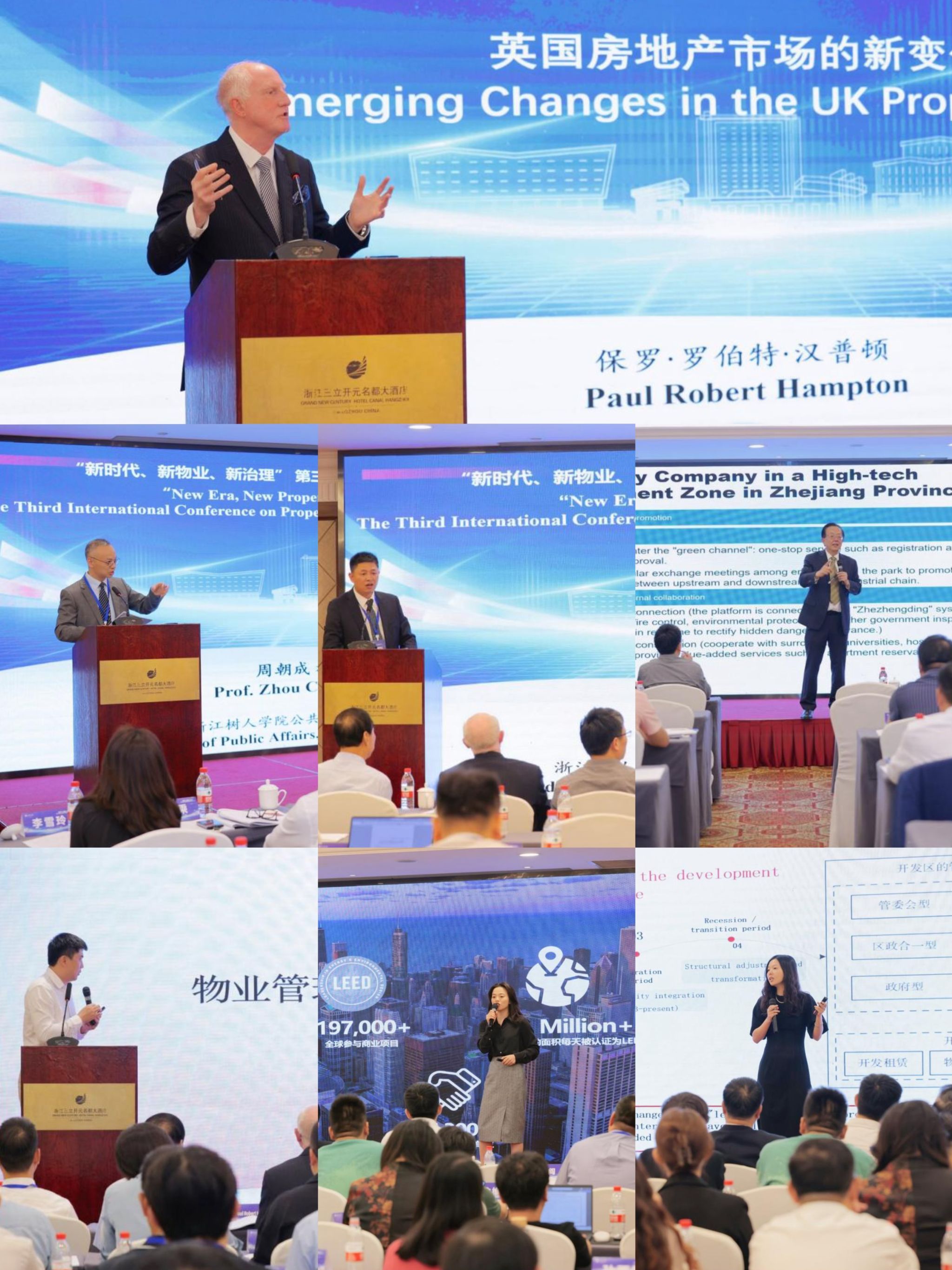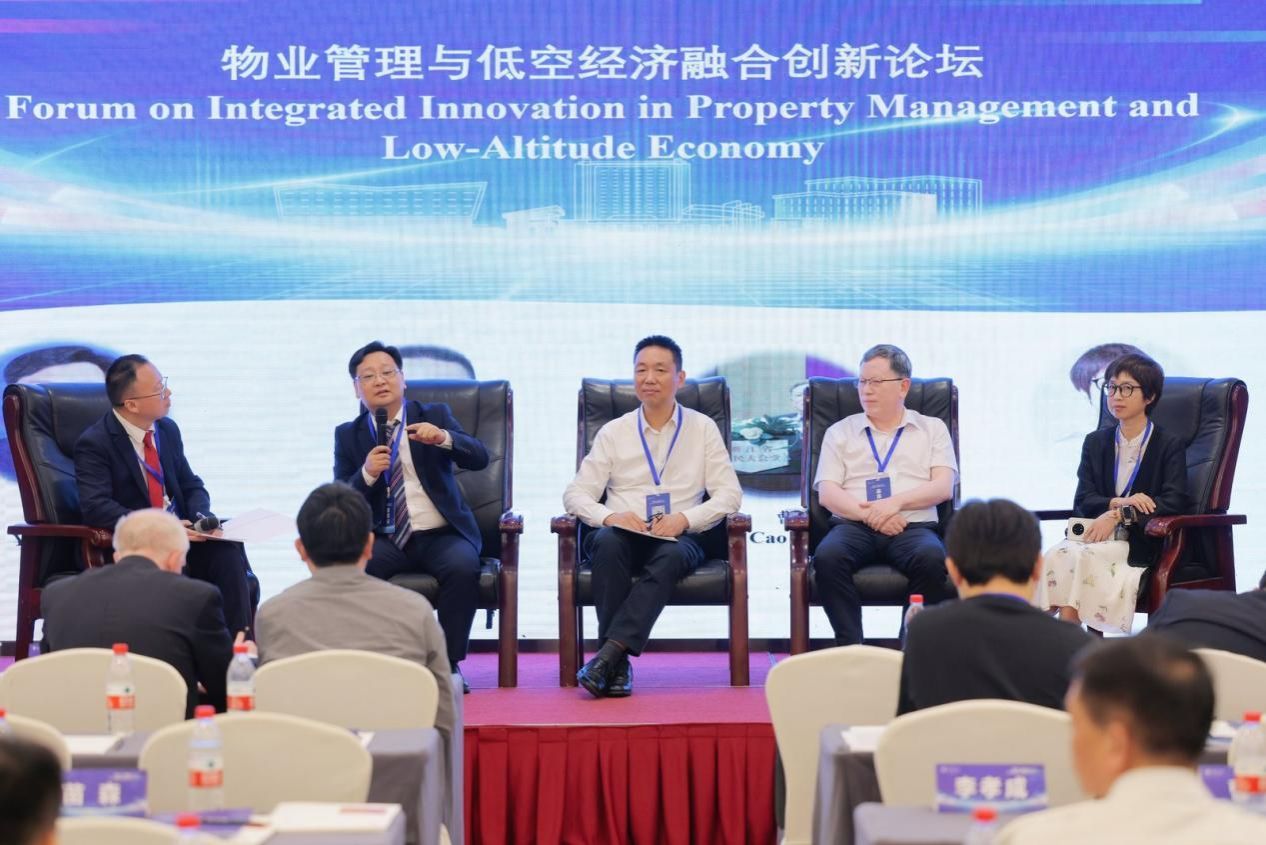On May 30, the Third International Conference on Property Management and Grassroots Governance was successfully held in Hangzhou under the theme of “A New Era · New Property Management · New Governance.” This academic event brought together over 80 scholars and industry experts from countries and regions including the United Kingdom, Italy, Pakistan, and Hong Kong SAR, China. The participants engaged in in-depth discussions on the redefinition of the role of property management and innovative approaches within the context of modernizing grassroots governance. The conference was co-hosted by the School of Public Affairs and the School of Economics and Management, organized by the School of Smart Property Industry, and co-organized by the Zhejiang Research Center for Modern Services and the Yangtze River Delta Urban and Rural Community Development Research Center of Zhejiang Province.

Opening Ceremony: Multidimensional Speeches Shaping the Academic Framework
At the opening ceremony, Professor Li Lu, President of Zhejiang Shuren University, emphasized that as the top-ranked private university in China (2025 ShanghaiRanking) and the only university in Zhejiang Province offering an undergraduate program in Property Management accredited by the Chartered Institute of Housing (CIH), the university is actively establishing a development framework based on the principles of consultation, co-construction, and common benefits (“Three Co” approach). This framework aims to: promote open platforms for cross-border exchange of educational resources, jointly explore frontiers of science and technology to advance innovations in intelligent governance, and collaboratively nurture high-caliber professionals to meet the talent demands of modern governance in the new era. He stressed that property management had transformed from a traditional spatial service into a key vehicle for grassroots governance under the ongoing modernization of China’s national governance system, and such transformation called for an interdisciplinary and international collaborative mechanism. Zhu Shengjin, Director of the Yangtze River Delta Urban and Rural Community Development Research Institute of Zhejiang Province, focused on the integration of the low-altitude economy and property management, proposing smart governance solutions based on drone inspection and big data modeling; Zhu Yanhui, Director of the National Working Committee on Aging, approached the topic from the perspective of smart elderly care in communities, highlighting the empowering role of property management systems in tackling the challenges of an aging population through technological solutions. Together, these speeches constructed a multidimensional academic framework and practice-oriented roadmap for the conference.

Keynote Speeches: A Dynamic Exchange of Global Insights and Local Innovations
In the dimension of policy practice, Professor Paul Robert Hampton from the University of Wolverhampton provided a systematic analysis on the structural transformation of the UK real estate market. His forward-looking perspectives on the “digital transformation of property governance” offered valuable insights for the domestic industry; Professor Leung Chung from Lingnan University, Hong Kong, deconstructed the multi-dimensional career pathways within the field of property management and proposed a tripartite talent development model integrating “academia, industry, and policy.” On the front of industry innovation, Maria Ferrara, CEO of WOM, Italy, shared how the homestay economy had reshaped traditional property models. Li Xueling, Director of USGBC North Asia, elaborated on the construction of a competency matrix under green building standards, drawing on the LEED certification system. Professor Yan Hong, Dean of the School of Economics and Management of Zhejiang Shuren University, put forward a thought-provoking academic viewpoint that “grassroots governance is the core of property management,” which resonated widely among participants. Dr. Xu Youli from the Department of Property Management, School of Public Affairs, Zhejiang Shuren University, presented a report on the dynamic governance model of China’s development zones from a life-cycle perspective. The keynote speeches were chaired by Professor Zhou Zhaocheng, Dean of the School of Public Affairs, and Professor Wang Qunlong, Party Secretary of the School of Public Affairs, Zhejiang Shuren University.

Innovation Forum: Paradigm Breakthrough in Low-Altitude Economy and Governance Innovation
At the Forum on the Integration and Innovation of Property Management and the Low-Altitude Economy, Qian Cheng, Party Secretary and General Manager of the Property Management Branch of Zhejiang Communications Industry Service Co., Ltd.; Cao Ming, Director of the Institute of Low-Altitude Economy at the Yangtze River Delta Urban and Rural Community Development Research Institute of Zhejiang Province and Chairman of General Aviation (Hangzhou) Co., Ltd.; Professor Ying Zuoping from Zhejiang College of Construction; and Associate Professor Ye Zhixiao, Vice Dean of the School of Public Affairs at Zhejiang Shuren University, engaged in in-depth discussions on the innovative integration of property management and the low-altitude economy. Their exchange sparked great interest and reflection among participants, offering new perspectives for the development of the industry. The forum was chaired by Associate Professor Song Haipeng, Vice Dean of the School of Public Affairs, Zhejiang Shuren University.

Through the establishment of a tripartite dialogue mechanism integrating “international experience, local practice, and technological innovation,” the conference not only reached a broad consensus on the transformation of property management from a “spatial service” to a “governance hub,” but also achieved agreement in several the following aspects: the establishment of standards for technical integration between the low-altitude economy and property management, the proposal of property-based solutions for smart elderly care in communities, and the development of a competency framework for international talent cultivation. These outcomes will effectively advance the transformation from “small-scale property management” to “large-scale governance” with tangible benefits for people’s livelihoods, and provide grassroots-level practical models for the modernization of China’s national governance system.






